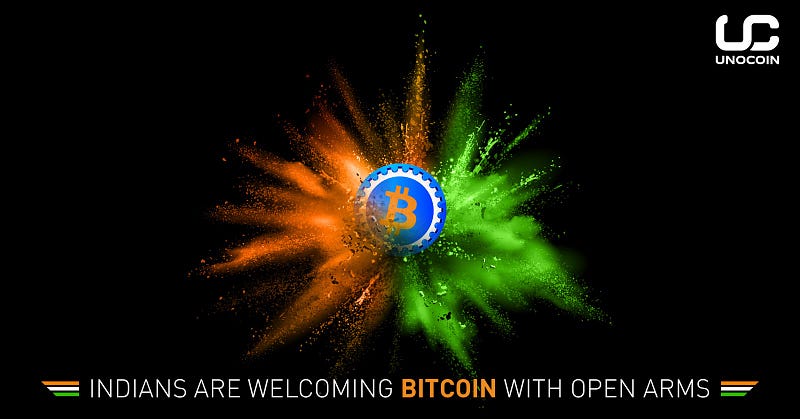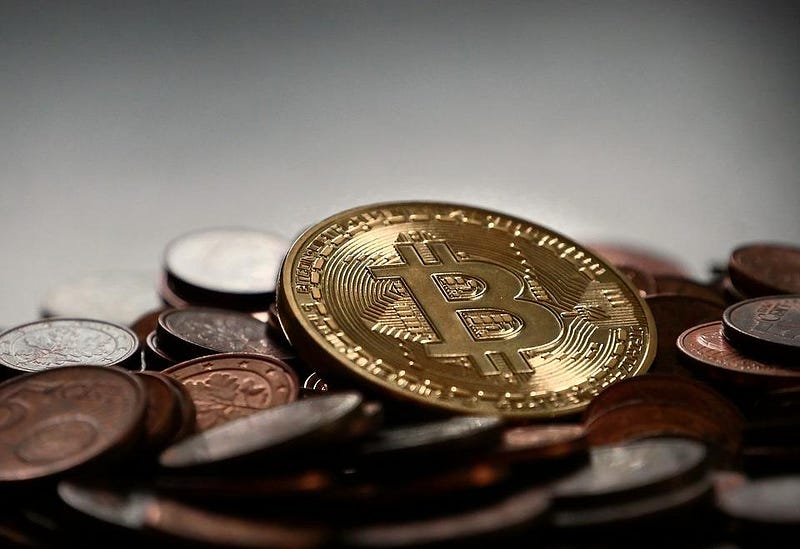
Every other day, there seems to be a new development in the Bitcoin story — particularly on its use, availability, and viability. While the world at large seems to have adopted Bitcoin as the future, the question remains on whether India is part of the journey forward.
The Global Scenario
While some countries — Japan, Korea, Ukraine and more — have gone ahead and employed bitcoins as a form of payment in their daily task; commercial or otherwise, India’s reluctance to join the crowd seems to be strong. The strongest advocate against Bitcoin? The RBI (Reserve Bank Of India).
Known for spreading caution against virtual currencies for reasons such as the lack of accountability, customer protection, security, and so-called “legal” assurance — a statement that Bitcoin enthusiasts are tired of hearing — the RBI has become a dark shadow that refuses to clear. Whether Bitcoin will attain legal status in the Indian economy still remains a question; and it will for the foreseeable future. Currently, though, the Indian Supreme Court has placed an investigative task on the RBI, to look into the feasibility of regulating cryptocurrencies in India and how to ensure that all states currently regulating the Blockchain in the public can do so, in a standard manner.
However… Bitcoins aren’t necessarily “banned” in India.

The Indian Bitcoin Ecosystem is Thriving
There is a bevy of companies — such as Unocoin — operating in India that allows its clients to buy/sell Bitcoin online. Furthermore, there are a competing number of stories of individuals within the subcontinent having made their first fortune by investing — and continuing to — in bitcoin at the very beginning.
In metropolitan cities such as Delhi, Bengaluru, and Mumbai there are a large number of existing and upcoming Bitcoin quarries that are running in temperature controlled rooms, around the clock, every day. All of this was followed by an almost radical change in outlook on the part of the Indian government — Prime Minister Narendra Modi’s agenda to rapidly digitalise India and demonetize the Rs.500 and Rs.1000 notes put the Indian Bitcoin culture into overdrive; mining, cloud-computing, engineering, warehouse management and more joined the “Internet of Things” movement taking place all across the country.
Further research, looking into the viability of Bitcoin within the domestic Indian market showed that Bitcoin transactions and use were tracking an upward curve. By the end of 2016, certain estimates put the number of merchants in India using bitcoin as a method of payment at +500 — including certain restaurants (famously the Suryawanshi chain in Bangalore and a pizzeria in Mumbai), bars, bookshops etc. — and the number of Indian Bitcoin investors increasing at 2500 a day. In fact, its well known that Bitcoin can be freely converted anywhere in the subcontinent into any physical currency — USD or INR.
So it’s safe to say that India is indeed welcoming Bitcoin with — semi-opened — arms, with the RBI keeping the handcuffs in place. What does this mean for bitcoin? Even higher prices, and even more people making a killing on the currency!

Also Read:
https://blog.unocoin.com/bitcoin-success-stories-you-didnt-know-about-913ae5c13eec



